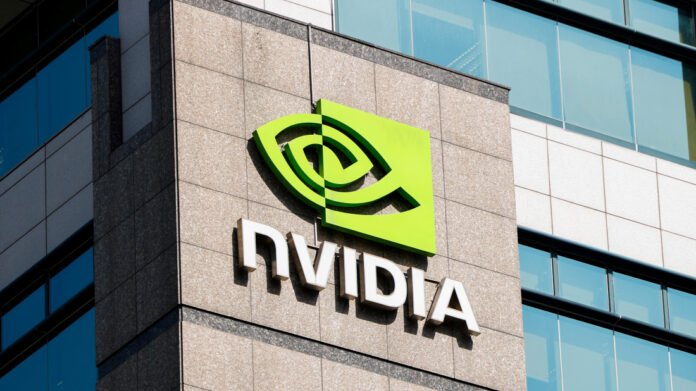Nvidia China revenue loss continues to grow as U.S. export restrictions hit the tech giant hard. In its latest earnings report, Nvidia revealed a $2.5 billion revenue shortfall from China in its fiscal first quarter, which ended April 27. The company also warned of an additional $8 billion decline in the next quarter.
This drop followed a recent policy change by the Trump administration. The U.S. government banned exports of Nvidia’s H20 chips to China. These specialized chips were designed to comply with previous export restrictions. However, the new rules now block them entirely.
Nvidia also reported a $4.5 billion write-down in unsellable inventory. Although that figure was below Wall Street’s $5.5 billion estimate, it still signals a major impact. Nvidia’s revenue from China was only $5.5 billion in Q1, falling short of the $6.2 billion analysts expected.
In a call with analysts, CEO Jensen Huang stressed the challenges. “The H20 export ban ended our Hopper data center business in China,” he said. He added that the company currently has no replacement chips that meet the new restrictions.
Previously, Nvidia kept updating its chips to meet evolving U.S. rules. But each version became less powerful. Over time, China’s share of Nvidia’s revenue steadily declined. In Q1, China made up just 12.5% of revenue, down from 14% and 15% in the previous two quarters.
Huang acknowledged that China’s AI sector continues to advance. “China’s AI moves on with or without US chips,” he said. He questioned whether one of the world’s biggest AI markets would keep using American technology.
He also argued the export ban could hurt the U.S. more than China. “Shielding Chinese chipmakers from U.S. competition only strengthens them abroad,” Huang noted. He warned that restricting access might weaken America’s global tech position.
Overall, Nvidia China revenue loss remains a key concern for investors. The long-term impact depends on how the company adapts to shifting global rules. For now, Nvidia China revenue loss highlights the high stakes in the ongoing tech trade battle.
For more updates, visit DC Brief.


